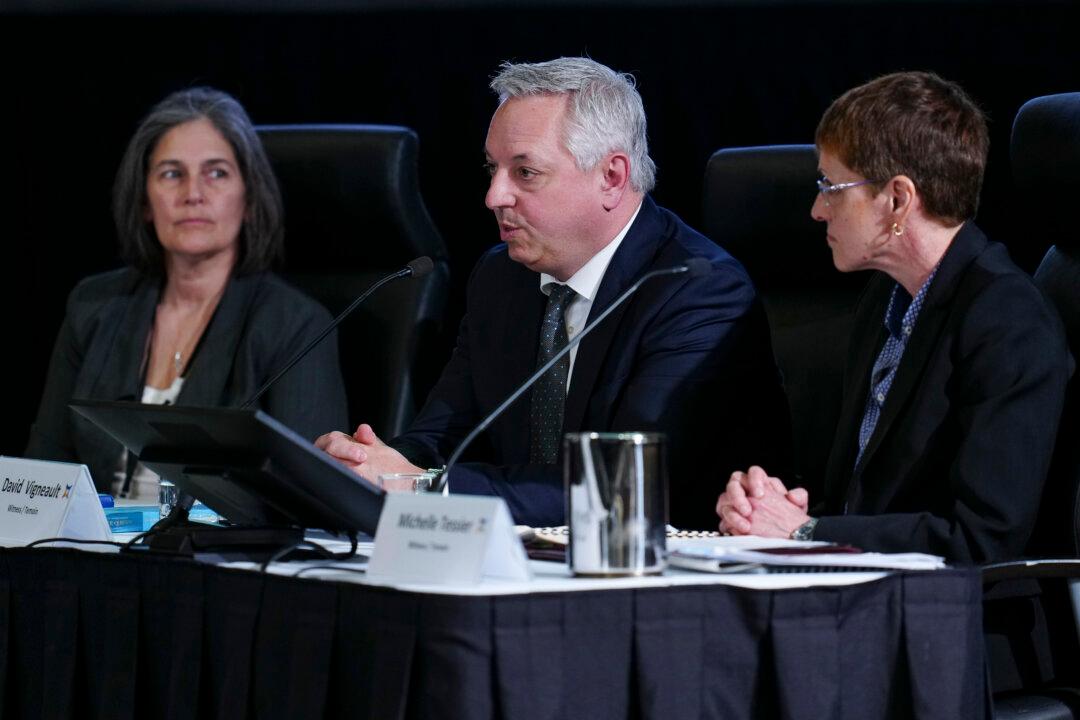The director of Canada’s spy agency will have to testify anew at the foreign interference inquiry after advisers to the prime minister challenged the agency’s briefings and intelligence.
The Public Inquiry into Foreign Interference received late documents from the Canadian Security Intelligence Service (CSIS) on April 8, which led some parties to request postponing the hearings or recalling witnesses.





